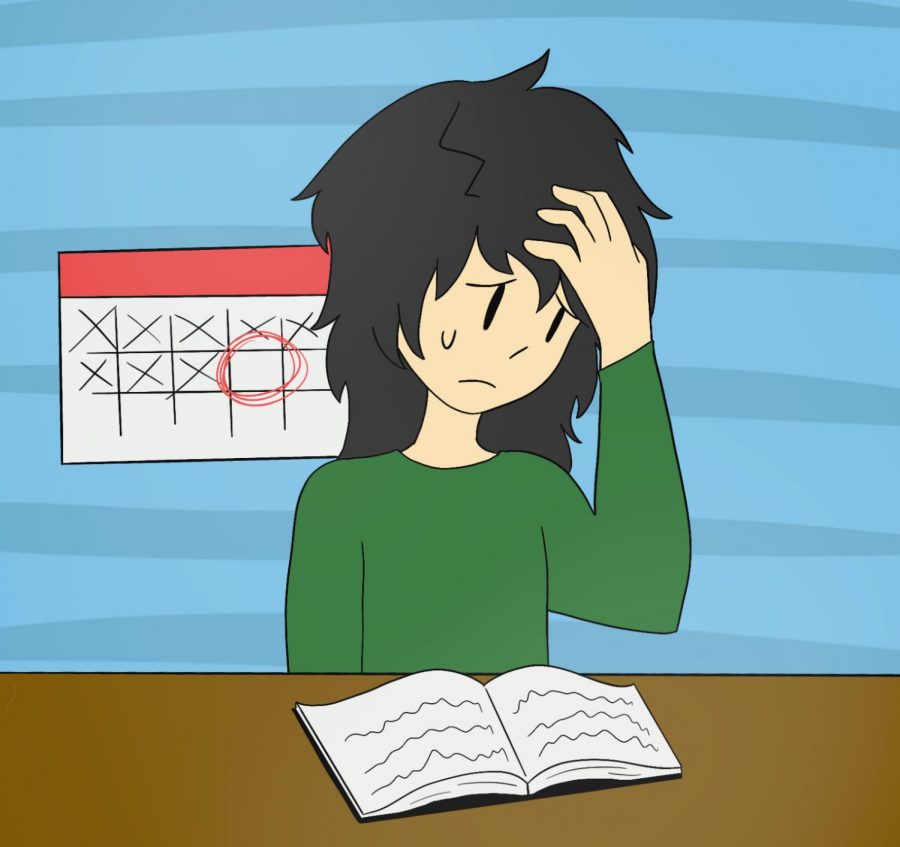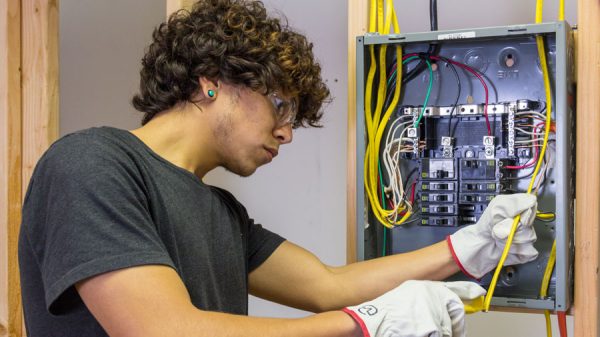Learning versus memorizing: the case for open-note tests
Rather than focusing on rote memorization to pass, teachers should be helping students to master material and then apply skills on exams
March 15, 2021
When we were kids, we were told that “the world is our oyster,” meaning that as kids, you are in a position to take all the opportunities that life has to offer. In order to take said opportunities, we as students and learners have to consult outside sources in order to make sure that we are making the right decisions in life. So why is it that in schools everywhere, people are taught to be computers, memorizing information simply to get a passing grade, and then forget it the next day? Students should be able to have open note tests, not only because it is more useful for students in the long run, but also because it prepares future adults for life in the real world.
There are so many jobs in life that require you to come prepared, with either notes or a book or a journal. A common career that is arguably one of the most challenging jobs is being a doctor or a nurse. If a doctor needs to go into a complicated surgery, they are not going to use all they learned in medical school and hope for the best. They are going to consult medical journals, books and even their own peers. They will learn by doing and having all of these options will prepare them better for the future.
Another real world job that requires you to have notes and research for you to be prepared is a lawyer. If a lawyer has an extremely complicated case, they will not just instantly remember all of the laws and information they need for trial. They will need to engage in extensive research and come prepared with outside information and different points and questions to ask in order to place their client in the best possible place. Therefore, notes and reliable information are required for going into a job in the “real world,” so why should students have to memorize information for a test and just hope for a passing grade? Shouldn’t we focus on gathering the best, most reliable information to use and make sense of rather than rote memorization?
That being said, there are some teachers in RV who do allow open note tests and quizzes. “The ultimate goal of a teacher is to get students to learn,” said Mrs. Cheryl Alspach, who teaches US History I ACC and International Diplomacy Honors. “The way that I think about it is it doesn’t matter when the learning occurs. One might learn it the first time they do it and they write their notes on it. For another student, when they go to take the test and have to reference their notes to have to learn it for a test, that might be when they learn it.” Not every student is the same and therefore, not every student learns the same way. It is not fair for the students who retain information not as strongly as others to automatically be set at a disadvantage.
Many — including this writer — believe that Mrs. Alspach’s policies should be adopted by other teachers. Students are not computers. We should not be trained to memorize information simply for a good grade. We go to school to learn, but with our current system we memorize information not to actually retain it, but rather just to forget it the next day, after our assessments. By adopting the idea of open note tests, students will do better on exams and will also stress a lot less about the exams they are taking, because they are not as worried about not remembering information and failing. Therefore, open note tests should be allowed in RV.












